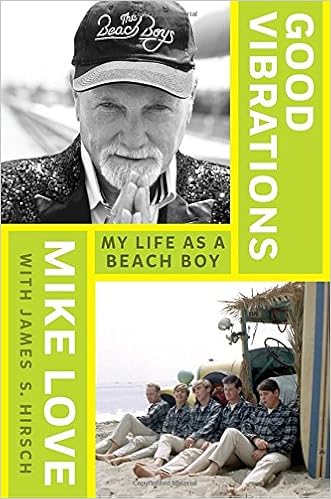 Here's an excerpt from a book I read earlier this month, "Good Vibrations: My Life as a Beach Boy," by Mike Love:
Here's an excerpt from a book I read earlier this month, "Good Vibrations: My Life as a Beach Boy," by Mike Love:The Czechs wanted our music, but I don’t believe that the music alone was our appeal. In our three days in the country, in Prague and Brno, we were besieged by fans fascinated by the United States. They were desperate for anything Western. In contrast to their own suffocating conditions, the Beach Boys represented sun-kissed beaches and high-powered hot rods. But we also represented freedom, prosperity, and opportunity. The irony: in America itself, we were too closely associated with those values, but abroad, those values made us idols.
All music has a political context, and we performed ours when the Soviets and the Americans were vying for the allegiance of people from across the world, from Europe to Asia to Africa as well as Latin America. Unwittingly, our music exported the American dream in two-minute capsules. I’m not claiming we helped win the Cold War, but I’ve heard from Russians and Chinese, Cubans and South Africans, East Germans and Vietnamese, who listened to our music on American Forces Network or pirate ships or bootlegged tapes or old-fashioned albums. And they loved our songs, many of which offered a vision of America, and a way of life, that they themselves wanted.


No comments:
Post a Comment